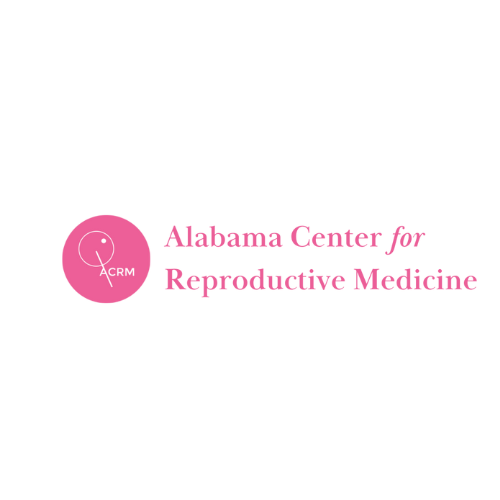In Vitro Fertilization
In vitro fertilization (IVF) is a method of assisted reproductive technology in which a man’s sperm and a woman’s eggs are combined outside of the body in a fertility laboratory. This is one of the primary treatment options for women with damaged, abnormal fallopian tubes or for men with poor sperm quality and motility. In this procedure an egg is injected with a single sperm through a process known as intracytoplasmic sperm injection (ICSI), the fertilized egg (embryo) is then transferred into the woman’s uterus where it may implant in the uterine lining and develop. This procedure is performed in our state-of-the art laboratory at our Brookwood office in Birmingham, AL.
For patients with other conditions, fertility specialists may recommend trying a different treatment first and considering IVF as a second-line approach. This plan is often selected because IVF is a complex process and is also the most expensive assisted reproductive technology.
IVF can be beneficial for patients with:
Low ovarian reserve
Age-related infertility
Anovulation
Endometriosis
Male factor infertility
Unexplained infertility
Tubal Ligation
Patients may choose to undergo IVF treatment who would not otherwise be able to experience pregnancy or biological parenthood, including those who must use donated sperm or eggs or single mothers by choice.
In Vitro Fertilization Technique
We emphasize elective single embryo transfer (eSET), which is when only one embryo is placed in the womb at a time by choice. A twin pregnancy is extremely risky with approximately 50% of twin pregnancies resulting in the premature birth of the babies. Premature birth is a leading cause of still births, cerebral palsy, lower birth weight, and developmental problems such as malformations, poor eyesight, and learning disabilities.
With the improved culture techniques and cutting-edge technology at the Institute, pregnancy rates after the initial transfer of one fresh embryo and the later transfer of one frozen, are significantly higher compared to transferring two fresh embryos at the same time. Furthermore, when transferring only one embryo, the chance for an uncomplicated pregnancy and the resultant birth of a healthy baby is increased significantly.
In Vitro Fertilization Technique
We emphasize elective single embryo transfer (eSET), which is when only one embryo is placed in the womb at a time by choice. A twin pregnancy is extremely risky with approximately 50% of twin pregnancies resulting in the premature birth of the babies. Premature birth is a leading cause of stillbirths, cerebral palsy, lower birth weight, and developmental problems such as malformations, poor eyesight, and learning disabilities.
With the improved culture techniques and cutting-edge technology at the Institute, pregnancy rates after the initial transfer of one fresh embryo and the later transfer of one frozen, are significantly higher compared to transferring two fresh embryos at the same time. Furthermore, when transferring only one embryo, the chance for an uncomplicated pregnancy and the resultant birth of a healthy baby is increased significantly.
Genetic Testing
Our clinic partners with Gattaca Genomics to provide preimplantation genetic testing for patients undergoing in vitro fertilization. A few cells are removed from the outside of the embryo and the cells are sent to Igenomix for testing. The preimplantation genetic testing available is divided into two categories: PGT-A and PGT-M.
- PGT-A: Preimplantation Genetic Testing for Aneuplodies evaluates if the embryo has the appropriate amount of genetic material. This means it evaluates the number of chromosomes formed by the cell’s DNA. This test identifies chromosomally normal embryos and their sex.
- PGT-M: Looks for abnormalities within the embryo. PGT-M detects more than 300 genetic diseases and helps identify healthy embryos.
*Individual results are not guaranteed and may vary from person to person. Images may contain models.


